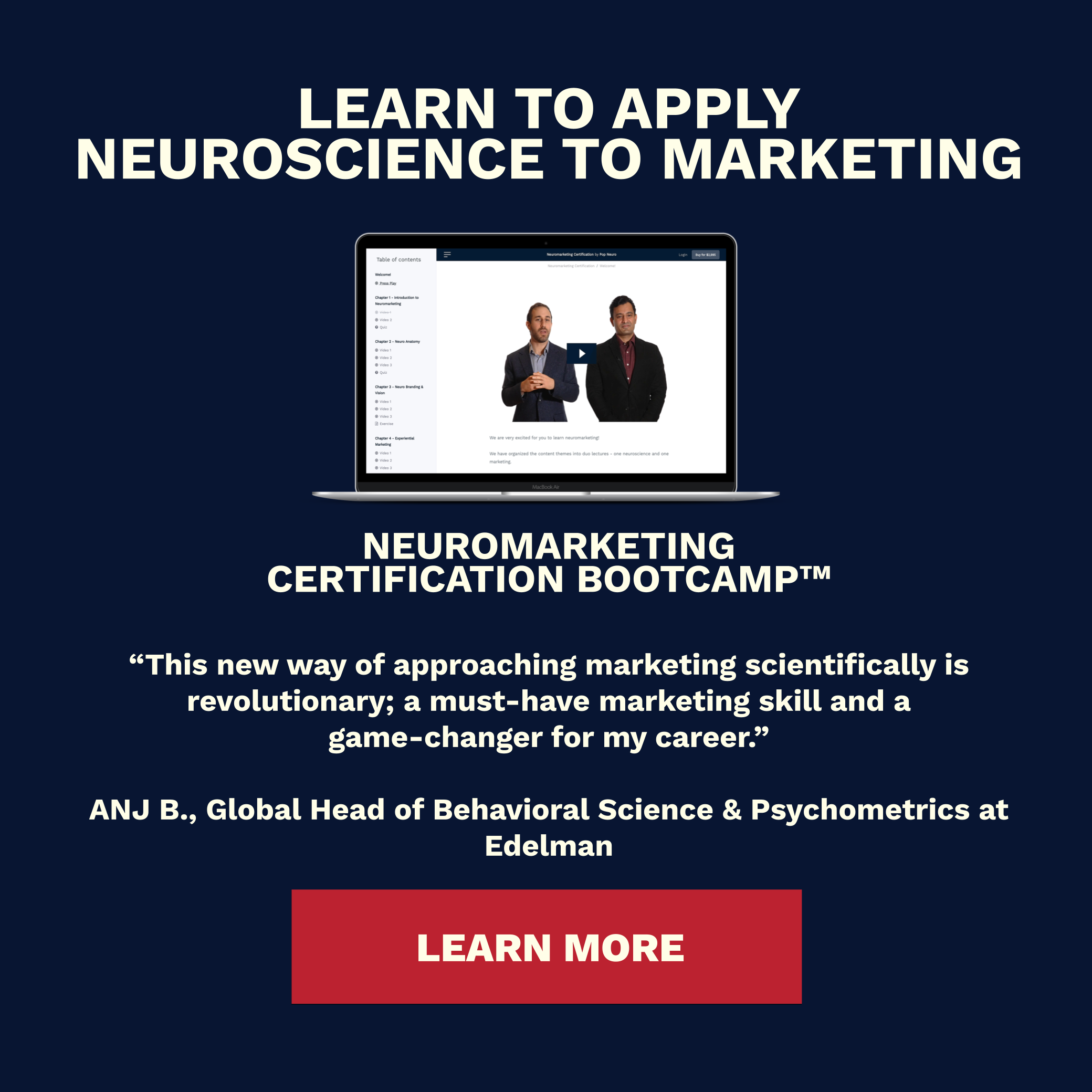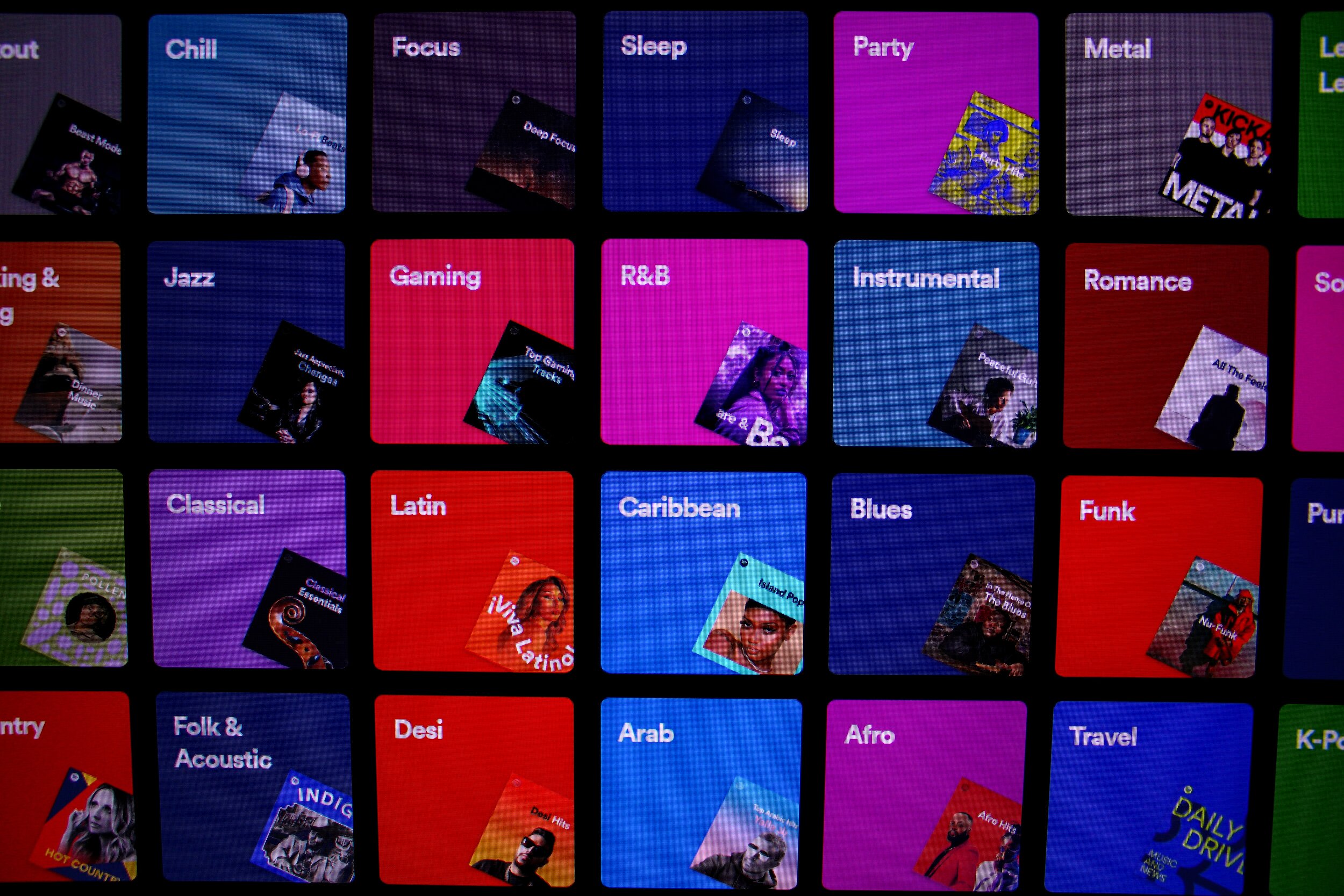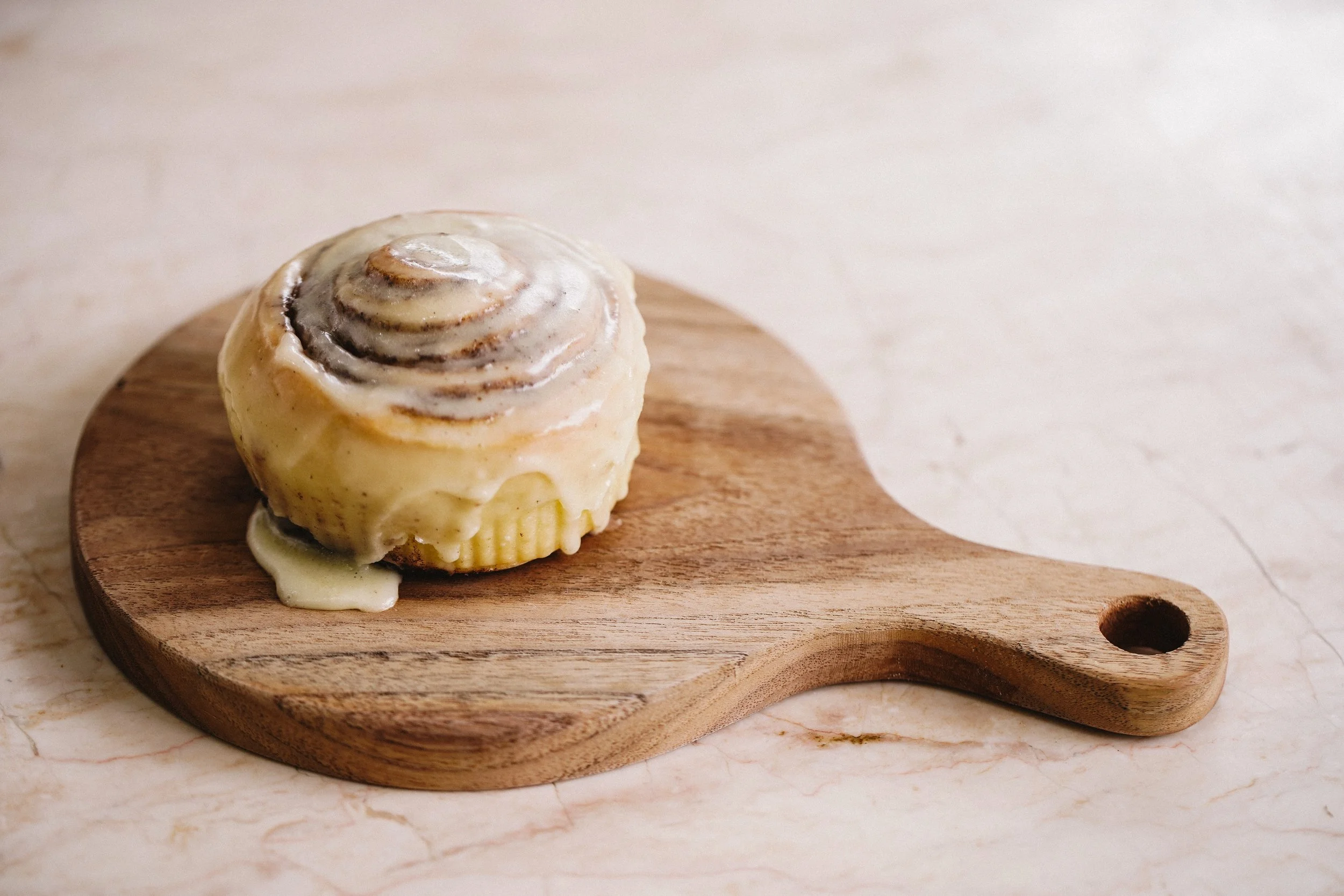Spotify and the Consumer Psychology Behind Choice
Photo by David Pupaza, Unsplash
Before smartphones, iPods, and Walkmans, there was the record player. Exponentially increasing over three generations, the music industry’s growth knows no bounds.
Let’s set the scene: It’s the 1960’s and the Beatles are at the peak of their careers. The cacophony of excited teenage fans race to sift through limited vinyl records of the Beatles after hearing Penny Lane on the radio in the morning. They find a couple of favorite albums and bring them back to add to their collections. Over the years, their rooms are brimming with records, cassettes, and CDs. But in 2003, everything changed. With “1000 songs in your pocket”, Steve Jobs transformed the music industry with the innovation of iTunes and the iPod.
And then, 3 years later, there was Spotify. Boasting more than 345 million users in 2021, Spotify has the largest market share at 34%, with 200 years worth of songs. With all the possible choices, you’d think that nothing would compare to that afternoon you spent blissfully listening to each vinyl until you found the perfect one.
As music consumption advanced with technology, so did the process of music discovery. Finding your next favorite song is no longer as simple as turning on the radio and putting on your favorite station. For many years, finding music involved actively looking for music online—and naturally, you gravitated towards genres you were already predisposed to. But as choices rack up, so do your mental batteries.
To understand the psychology behind your music taste, let’s first dive into the psychology behind your choices.
The Psychology of Choices and Decision-Making and Its Influence on Happiness
Our foraging ancestors spent days searching and building tools to hunt for sustenance. Today, everything we need is within the touch of our fingertips. But the irony lies in the price of progress—how we’re civilized to death, as Christopher Ryan’s book suggests. With the increase of production of goods, and therefore branding and differentiation, we’re ironically crawling backward, once again foraging through hundreds, even thousands, of options. This phenomenon is called the paradox of choice: the more effort we put into choosing, the less we enjoy the experience.
As you come across in the neuromarketing book Blindsight, the act of choosing between a variety of options leads to dissatisfaction. This stray from pleasure is a direct result of the brain being forced out of its “default mode”, where thoughts and decisions come so easily that they feel automatic.
This is not to say that having choices leads to less satisfaction. Barry Schwartz, author of The Paradox of Choice: Why More Is Less, claims that having options allows us to feel liberation, autonomy, and control. But your brain works like an old computer that goes into overdrive when it simply is doing much more work than it can handle. When the number of choices you have hits past a point of bliss, our brains are forced to shift more gears than usual. The act of choice then leads to a negative impact and we, too, go into overdrive.
This is directly related to the psychology behind the effort it takes to make a choice in the first place. In other words, the less we have to think, the happier we are.
How Mental Effort Affects Consumer Behavior
Despite the ridiculous (and incredible) things that human brains have come up with during the short time we have inhabited this planet, the truth is, we prefer to be lazy. We love comfort and convenience. We build computers and make them smarter to simplify our lives to the point where Alexa and Siri lift more fingers than we do.
American psychologist Clark Leanord Hull calls this laziness tendency the avoidance of cognitive demand, otherwise called: the law of least mental effort.
Here’s an example of how it takes a hold of us in everyday life: You wake up early and head over to your closet, deciding what to put on for your usual day at work. Unless you’re in the fashion industry or highly dedicated to your fashion sense, it’s implausible that you spend the whole morning deciding what outfit to wear. The majority of people would grab one of their go-to outfits simply because it requires less mental exertion.
Sacrificing the extra minutes of getting ready simply isn’t worth it, especially right before a full day of work where your brain’s gears will undoubtedly be shifting more than usual.
Now that the psychology behind mental effort and choices is clear, this brings us to our next point: how exactly has this influenced the way we consume and discover music?
How the Paradox of Choice Transformed the Music Industry
With the number of songs multiplying and as the oversaturation of information, media, and the news continues to affect every corner of our lives, the simplification of music discovery is imminent.
Spotify can be a great place to find your next favorite song or artist, but it can be overwhelming with over 70 million songs to choose from. Without personalization, music discovery today can be an all-out nightmare.
For this reason, Spotify employee Matt Ogle revamped the Discover page to what we have all come to know and love: Discover Weekly. He realized that the antidote to the paradox of choice was simple: unique, personalized mixtapes for every user.
Users no longer have to spend hours on end looking for new music. With all the data Spotify has from its 340 million users each week, they curate a personalized playlist for you filled with the favorite songs of people with similar music tastes. Their algorithm is based on the fair assumption that if others with similar consumer behavior seem to be adding these songs to their playlists, you may be interested in adding them too.
Since the launch of Discover Weekly, growing artists have had an opportunity to cast a wider net for new listeners. A Spotify representative stated in an interview with Vox that, “Ten billion times a month, listeners across both Spotify and Spotify Premium stream a new artist they had never heard before. That means ten billion discoveries every month; ten billion chances for artists to win a new fan.”
From the five years since its launch in 2015, Spotify users have listened to over 2.3 billion hours of music. In fact, Discover Weekly listeners spend double the amount of time on the app than those who don’t use this function. The brand has since leveraged over the amount of data from its hundreds of millions of users collected by the feature and has created a product that can be sold to brands. Companies now have the opportunity to sponsor a Discover Weekly. This means that their logo will appear within the playlist and an ad in every spot for those who pay for the freemium option of Spotify.
Intending to design the shortest path to a memorable musical experience, Spotify innovated further by offering Daily Mix—a set of pre-mixed playlists based on your favorite music and genres. Unlike Discover Weekly, it emphasizes a users’ favorite music selection without focusing too much on music discovery. But that’s not to say that they completely disregard the possibility of spreading new music. Within each cluster of songs is a sly recommendation that appropriately matches each playlist. Nice and easy for the typical lazy and casual listener!
Spotify is not alone in attempting to dodge the paradox of choice. Apple Music, which holds 21% of the market share, followed suit with Music Daily. It boasts the same idea as Discovery Weekly but instead aims to be the “playlist that never sleeps,” feeding users new songs the moment they wake up.
The paradox of choice does not stop at music discovery. It affects several aspects of our lives too. Be it from the customer experience of walking through your favorite retail store to selecting your preferred milk at your local supermarket. With the growth of production, there is a wide selection of just about everything—even water. Brands, through the collection of user data, have been able to transform just about every type of purchasing experience.
Whether the culling of user data for the advantage of the company is something users understand they are agreeing to, is a whole other conversation entirely. This doesn’t stir away from the fact that user experiences are evolving. For this, we can thank the further understanding of consumer psychology and data collection.
That being said, music today no longer needs to be sought out in deliberation. With predictive data and consumer behavior insights, new music is spoon-fed to users silently. If this is what it means to be civilized to death—at least it’s with a better selection of music.



What’s Next?
References
Botvinick, M. M., & Rosen, Z. B. (2009). Anticipation of cognitive demand during decision-making. Psychological research, 73(6), 835–842. https://doi.org/10.1007/s00426-008-0197-8
Gibbons, S. (2020, February 13). How to outperform your competitors like spotify. Forbes. https://www.forbes.com/sites/serenitygibbons/2020/02/18/how-to-outperform-your-competitors-like-spotify/?sh=56d249981abc.
How your daily mix "just GETS YOU". Spotify. (2018, November 28). https://newsroom.spotify.com/2018-05-18/how-your-daily-mix-just-gets-you/.
Johnson, M. A., & Ghuman, P. (2020). Blindsight: The (mostly) hidden ways marketing reshapes our brains. BenBella Books.
McDermott, J. (2019, May 13). How spotify solved for the 'paradox of choice'. MEL Magazine. https://melmagazine.com/en-us/story/how-spotify-solved-for-the-paradox-of-choice.
Ryan, C. (2019). Civilized to death: The price of progress. Avid Reader / Simon & Schuster.
Schwartz, B. (2004). The paradox of choice: Why more is less. Harper Collins.
Spotify revenue and usage Statistics (2021). Business of Apps. (2021, July 5). https://www.businessofapps.com/data/spotify-statistics/.
Spotify users have spent over 2.3 billion hours STREAMING Discover Weekly Playlists since 2015. Spotify. (2020, July 9). https://newsroom.spotify.com/2020-07-09/spotify-users-have-spent-over-2-3-billion-hours-streaming-discover-weekly-playlists-since-2015/.
Tiffany, K. (2019, January 11). Spotify's most personalized playlist is now for sale to brands. Vox. https://www.vox.com/the-goods/2019/1/11/18178701/spotify-discover-weekly-brand-playlists-personalization.































Dive into the fascinating intersection of psychology and marketing and how to use psychological biases in marketing strategy.